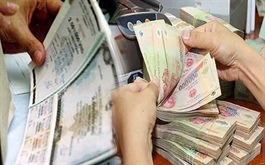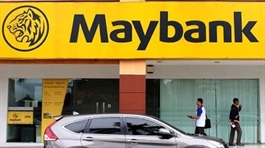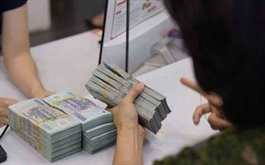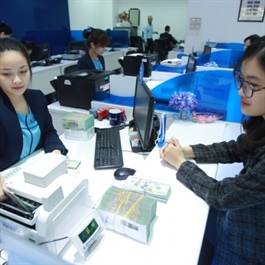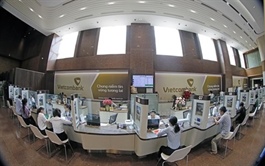Vietnam to finalize legal framework for digital assets in May
Vietnam to finalize legal framework for digital assets in May
Virtual asset transactions in Vietnam are currently conducted through international trading platforms or direct arrangements, which poses risks of money laundering for the individuals involved.
The Ministry of Finance has been tasked with developing a legal framework to prohibit or regulate virtual assets and the organizations that provide them, to be completed by May 2025. This initiative aims to mitigate the money laundering and terrorist financing risks associated with this type of asset.
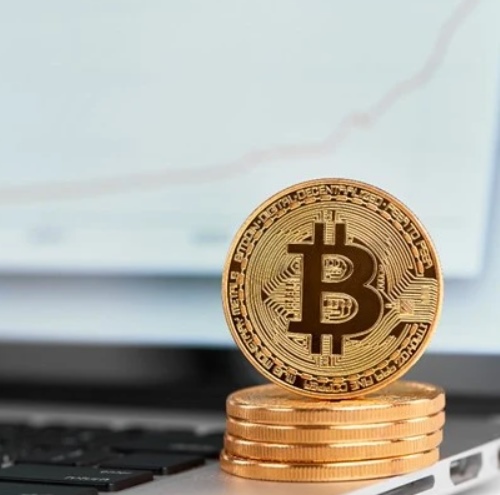
Popular cryptocurrencies such as Bitcoin, and Ethereum, among others, are considered common virtual assets.en.cryptonomist.ch |
This is part of the national action plan on combating money laundering and financing of weapons. In addition, the Government has requested the State Bank of Vietnam (SBV) to assess the money laundering risks of casino operations, gambling, and virtual assets, to be completed by September.
There is at present no specific definition of virtual currencies and virtual assets in Vietnam. Current regulations only mention the concept of electronic money, tethered to legal tender, and exist in the form of bank-issued prepaid cards and e-wallets.
Popular cryptocurrencies such as Bitcoin, and Ethereum, among others, are considered common virtual assets. Previously, the Government had on several occasions tasked the SBV to study and pilot virtual currencies to prevent money laundering risks in the banking system. Regulators have repeatedly said that virtual currencies are not legal tender or legitimate means of payment in Vietnam. The amended Anti-Money Laundering Law passed by the end of 2022 has yet to legalize various virtual currencies and virtual assets. In reality, however, the buying, selling, and exchanging of virtual assets in Vietnam are currently conducted through international trading platforms or direct arrangements, which poses risks of money laundering for the individuals involved. Therefore, two years ago, the National Assembly urged the Government to promptly establish a legal framework for this new type of asset.
According to data from the Vietnam Blockchain Association (VBA) in September 2023, Vietnam received nearly US$91 billion worth of virtual assets in one year (from October 2021 to October 2022). Illegal activities accounted for $956 million of these.
Some countries have begun to introduce stricter regulations on virtual currencies to protect internet users. For example, last year, the European Union (EU) passed the Markets in Crypto-Assets Regulation (MiCA) to prevent financial criminals from utilizing high-tech blockchain technology. The US and South Korea have also introduced numerous regulations to increase transparency and legal compliance in the fight against money laundering and the financing of terrorism through digital currencies and virtual assets.
The government's plan requires relevant ministries to develop specific plans for areas of high money laundering risk, such as the use of cash and gold in the economy for real estate transactions and corruption.
The above-mentioned action plan aims to promptly remove Vietnam from the Financial Action Task Force's (FATF) enhanced scrutiny list (grey list) before May 2025. This list comprises 20 countries, including the UAE, Syria, Panama, and the Cayman Islands, among others, that are subject to close monitoring by the FATF in the fight against money laundering and terrorist financing.





